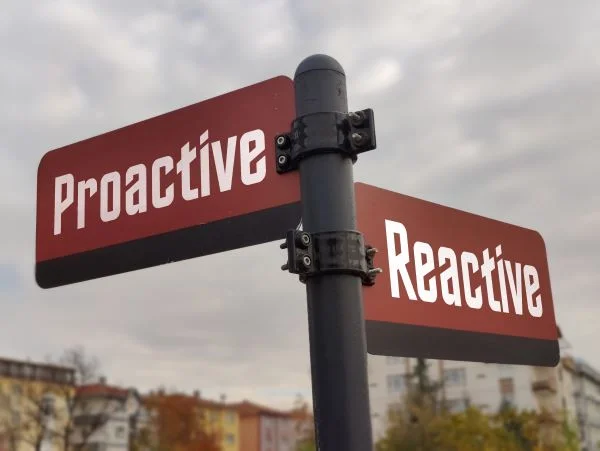Turning training into action: the role of facilitators
In manufacturing, improved problem solving is consistently cited as a critical skill. Even globally recognized companies with innovative approaches to quality face challenges with their products and processes. Every organization needs advanced problem solvers who can lead timely and effective resolutions – and prevent problems from recurring.
One of the most efficient ways to improve problem-solving capabilities is through the use of facilitators: individuals with advanced problem-solving skills who can step in, as needed, to help teams pursue root cause analysis (RCA).
Developing facilitators goes hand-in-hand with building new capabilities across an organization. The adoption of new skills is a driver of results. Better problem-solving skills are essential to achieving meaningful returns from any quality improvement initiative. Facilitators can help others apply newly learned skills in the workplace and lead teams responsible for resolving complex issues quickly and effectively.
Facilitators have the ability to elevate an organization’s quality efforts by improving the depth and speed of root cause analysis. In our experience, they are a key component in building manufacturing excellence. To optimize the effectiveness of facilitators in your organization, consider the following guidelines:
1. Leadership
Facilitators must have the leadership skills to keep problem-solving teams focused and engaged without dominating or driving a personal agenda. They need a solid understanding of RCA tools and the ability to foster participation and commitment within a team setting.
2. Time
Often, the best facilitators are also in high demand for other responsibilities. This can limit the time they’re able to commit to RCA efforts. One of the biggest challenges we’ve seen is finding a balance – facilitators who cannot be freed from other duties will struggle to be effective. It’s important to select facilitators whose responsibilities can be adjusted so that problem-solving becomes an accepted and supported part of their role.
3. Advanced skills
An in-depth understanding of RCA tools allows facilitators to help teams select the right approach. Does the problem call for a Six Sigma project, or is it a special cause variation better addressed by KT Problem Analysis? Have we clearly defined the problem, or could a technique like the 5 Whys help us get more specific? Are we sure what happened, or would a KT Incident Map provide needed clarity? Do we have the right data, or might the IS/IS NOT matrix help us focus? Facilitators bring the expertise to guide these decisions.
4. Risk and opportunity
Facilitators help teams move beyond immediate problem solving toward longer-term prevention. Once a root cause is identified and corrective actions are in place, the tendency is to return to normal operations. But facilitators can encourage teams to go further – setting triggers that help detect early signs of future problems or identifying related opportunities for improvement that reduce cost and improve quality. When done well, RCA doesn’t just solve a problem; it reveals insights that drive broader organizational improvement.
When organizations struggle to transfer skills learned in training into day-to-day practice, facilitators can act as a critical bridge – helping to turn knowledge into action. The most successful problem-solving efforts often have skilled in-house facilitators supporting them. These individuals bring both expertise and leadership to guide teams, uncover root causes, and build commitment to solving the right problems in the right way.
At Kepner-Tregoe, we support organizations by developing in-house facilitators through targeted training programs, equipping them with the skills to lead effective root cause analysis and problem-solving efforts. We also provide experienced KT facilitators to help organizations resolve complex issues and improve performance when internal resources are limited. Whether you’re looking to build facilitation capability or need immediate support, we can help strengthen your approach to problem solving.



